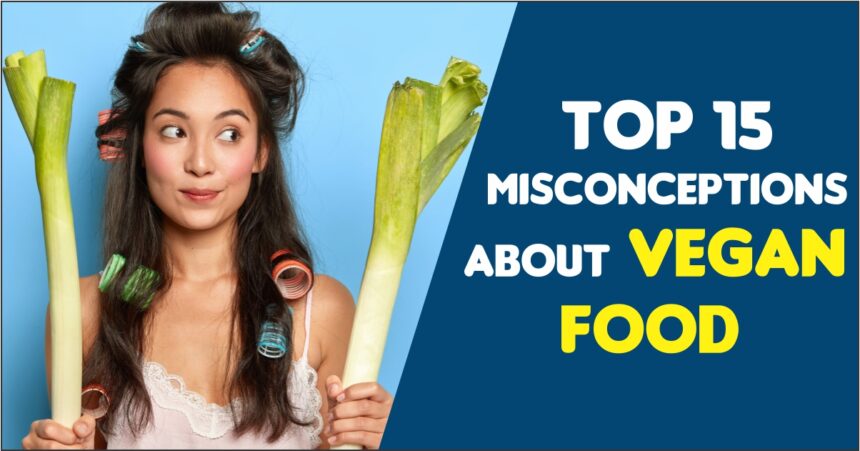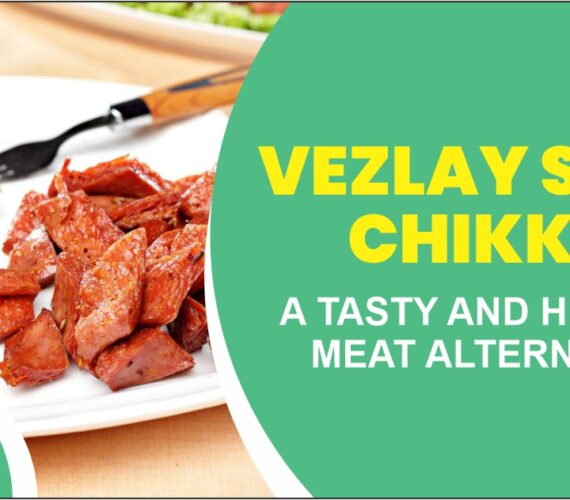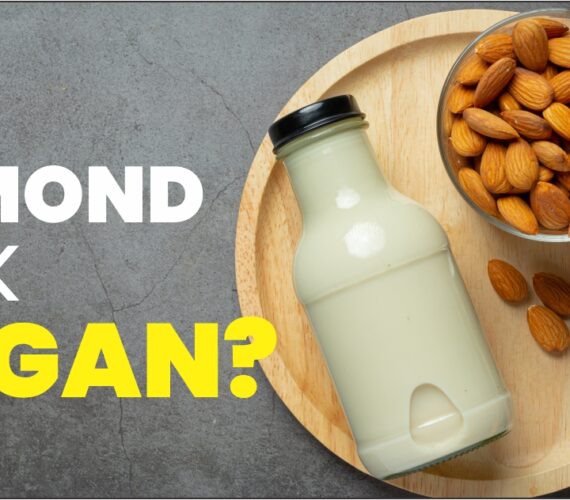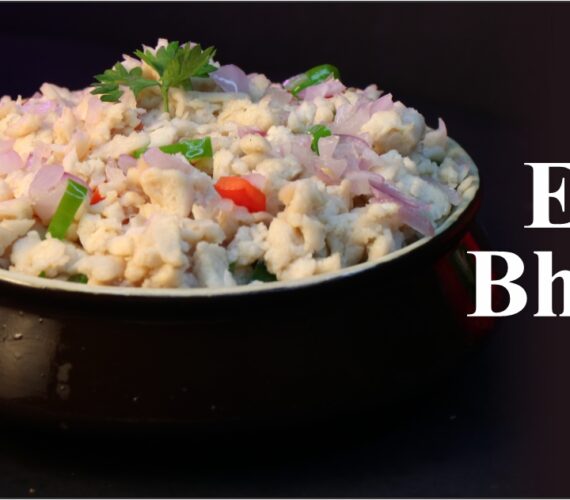Introduction
Veganism has been gaining popularity worldwide as people become more conscious of their health, the environment, and animal welfare. However, along with its rise, various misconceptions and myths have also emerged regarding vegan food. In this article, we will debunk some of the common misconceptions surrounding veganism and shed light on the truth behind plant-based diets. Here are the list of top 15 misconception about vegan food.
Vegan Food Lacks Protein
One of the most common misconceptions about vegan food is that it lacks protein. However, plant-based sources of protein are abundant and diverse. Foods like tofu, tempeh, lentils, chickpeas, quinoa, and seitan are excellent sources of protein that can easily meet daily requirements. Vegans can enjoy a protein-rich diet by incorporating a variety of these foods into their meals.
Vegan Diets are Boring and Tasteless
Contrary to popular belief, vegan diets can be incredibly flavorful and exciting. With a wide range of fruits, vegetables, grains, legumes, nuts, and seeds available, there is no shortage of delicious options. Vegan chefs have also come up with innovative recipes that cater to various tastes, making the vegan dining experience far from boring.
Vegans Can't Get Enough Calcium
Many people associate calcium with dairy products, but there are plenty of plant-based sources of this essential mineral. Foods like fortified plant-based milk, tofu, leafy greens (kale, bok choy), and almonds are rich in calcium. A well-planned vegan diet can provide sufficient calcium to maintain strong bones and overall health.
Plant-Based Diets are Expensive
While some vegan specialty products can be costly, a well-balanced vegan diet based on whole foods can be budget-friendly. Grains, beans, legumes, and seasonal produce are affordable and readily available. Veganism doesn’t have to break the bank, and it can actually save money when planned thoughtfully.
Vegans are Deficient in Vitamins
With proper planning, vegans can meet their vitamin requirements just like anyone else. Vitamin B12, for example, is found in fortified plant-based products, and supplements are available if needed. Additionally, a varied vegan diet provides an abundance of vitamins from natural sources, ensuring optimal health.
Vegan Food Is Hard to Find in Restaurants
As veganism grows in popularity, more restaurants are catering to plant-based diets. Many eateries offer vegan options on their menus, and some restaurants are entirely vegan. With the rise of plant-based lifestyles, finding vegan-friendly dining options is becoming easier than ever.
All Vegans are Skinny and Weak
Vegans come in all shapes and sizes, just like anyone else. A well-balanced vegan diet can provide all the nutrients required for maintaining a healthy body and building strength. Many athletes and bodybuilders follow vegan diets, proving that plant-based eating can support muscular development and overall fitness.
Vegan Food is Not Filling
Plant-based meals can be just as satisfying and filling as their non-vegan counterparts. Protein-rich foods, fiber from fruits and vegetables, and healthy fats from nuts and seeds contribute to feelings of fullness and satiety. Vegans can enjoy hearty and satisfying meals without sacrificing flavor or nutrition.
Vegans Only Eat Salads
While salads are undoubtedly part of a vegan diet, they are far from the only option. Vegan cuisine encompasses a vast array of dishes, including soups, stews, curries, sandwiches, pasta, and desserts. Vegans have a wide range of choices that go well beyond just salads.
Veganism is a Passing Trend
Veganism is more than just a passing trend; it has become a significant movement driven by ethical, environmental, and health concerns. As people become increasingly aware of the impact of their food choices, veganism is likely to continue growing and evolving.
Vegans Don't Get Enough Iron
Iron is present in many plant-based foods, such as lentils, beans, tofu, spinach, and fortified cereals. A balanced vegan diet can provide sufficient iron, and consuming vitamin C-rich foods alongside iron sources can enhance its absorption.
Vegan Food Is Unnatural
The idea that vegan food is unnatural is based on misconceptions. In reality, plant-based diets have been a part of human history for centuries and are still followed by many cultures around the world. Veganism emphasizes a natural and compassionate approach to food choices.
Vegans Can't Build Muscle
A well-structured vegan diet can provide all the essential nutrients for muscle growth and recovery. Many vegan athletes and bodybuilders have demonstrated that plant-based diets can support building lean muscle mass and improving athletic performance.
Vegan Food is Time-Consuming to Prepare
Like any dietary choice, the time required to prepare vegan meals depends on individual preferences and cooking skills. While some dishes might take longer to prepare, there are plenty of quick and easy vegan recipes that can fit busy lifestyles.
Vegans Can't Enjoy Desserts
Vegans have a wide array of delicious dessert options to choose from. Dairy-free ice creams, cakes, cookies, and puddings are just a few examples of vegan-friendly treats. With the rise in veganism, dessert choices have become increasingly diverse and readily available.
Conclusion
In conclusion, misconceptions about vegan food often stem from misinformation and lack of understanding. A well-planned vegan diet can provide all the necessary nutrients for a healthy and fulfilling lifestyle. As more people embrace veganism, it is essential to debunk these myths and embrace the delicious and diverse world of plant-based eating.
FAQs
Is vegan food always healthier than non-vegan food?
Vegan food can be healthy, but like any diet, it depends on the choices made. A well-balanced vegan diet can be very nutritious, but it’s essential to avoid excessive processed foods and focus on whole, nutrient-dense options.
Do vegans get enough protein without eating meat?
Yes, vegans can get enough protein from plant-based sources like legumes, tofu, tempeh, nuts, and seeds. With proper meal planning, meeting protein needs is achievable on a vegan diet.
Can children and pregnant women follow a vegan diet?
Yes, children and pregnant women can follow a vegan diet with proper attention to meeting their nutritional needs. It is essential to consult with healthcare professionals for personalized guidance.
Are vegan diets suitable for athletes and bodybuilders?
Yes, vegan diets can support athletic performance and muscle building. Many successful athletes and bodybuilders follow plant-based diets and achieve excellent results.
How can I ensure I get enough vitamins on a vegan diet?
To ensure adequate vitamin intake, incorporate a variety of fruits, vegetables, and fortified plant-based products into your diet. If necessary, consider supplements like vitamin B12. Consulting a registered dietitian can be beneficial.
How can I transition to a vegan diet?
Transitioning to a vegan diet can be done gradually and with the help of resources available online. Start by replacing one or two non-vegan meals with plant-based alternatives each day. Experiment with different recipes and explore vegan versions of your favorite dishes. Gradually, you will find that vegan options become more appealing, and the transition will feel more natural.
Are vegan diets safe for children?
Yes, vegan diets can be safe and healthy for children if they are well-planned and nutritionally adequate. It is crucial to ensure that children receive all the essential nutrients they need for proper growth and development. Parents should consult with a pediatrician or a registered dietitian to create a balanced vegan meal plan for their children.
Can a vegan diet help with weight loss?
Vegan diets can indeed support weight loss when approached thoughtfully. Plant-based diets are often lower in calories and saturated fats, making them conducive to weight management. However, it’s essential to focus on whole foods and avoid relying on processed vegan junk food, which can be high in calories and low in nutrients.
What are some popular vegan alternatives to dairy products?
Veganism offers a wide range of dairy alternatives that are both nutritious and delicious. Plant-based milks, such as almond, soy, oat, and coconut milk, are popular choices. Vegan cheeses made from nuts or soy are also available, as well as vegan yogurt and ice cream.
Can a vegan diet lower the risk of certain diseases?
Research suggests that a well-balanced vegan diet may help lower the risk of various chronic diseases, including heart disease, high blood pressure, and type 2 diabetes. The abundance of fruits, vegetables, whole grains, and nuts in a vegan diet contributes to its potential health benefits.
Is it possible to get enough Omega-3 fatty acids on a vegan diet?
Yes, it is possible to obtain sufficient Omega-3 fatty acids on a vegan diet. Flaxseeds, chia seeds, hemp seeds, and walnuts are excellent sources of alpha-linolenic acid (ALA), a plant-based Omega-3 fatty acid. Additionally, there are algae-based supplements available that provide the essential EPA and DHA Omega-3 fatty acids.
Are there any environmental benefits to adopting a vegan lifestyle?
Yes, adopting a vegan lifestyle can have significant environmental benefits. Animal agriculture is a major contributor to greenhouse gas emissions, deforestation, and water pollution. By choosing plant-based foods, individuals can reduce their carbon footprint and contribute to a more sustainable future.
Are there any cultural or regional variations in vegan diets?
Yes, vegan diets can vary based on cultural and regional preferences. Different cultures have a diverse range of plant-based dishes that reflect their culinary traditions. From Mediterranean to Asian cuisines, there are countless vegan options to explore and enjoy.
What are some tips for dining out as a vegan?
Dining out as a vegan can be enjoyable and stress-free with a bit of preparation. Check online menus or call ahead to see if the restaurant offers vegan options. Many establishments are accommodating to dietary preferences and can customize dishes to be vegan-friendly. Exploring ethnic restaurants, such as Indian, Thai, or Mexican, often provides a plethora of plant-based choices.
How can I ensure my vegan diet is nutritionally balanced?
To ensure a nutritionally balanced vegan diet, focus on consuming a wide variety of whole plant-based foods. Emphasize fruits, vegetables, whole grains, legumes, nuts, and seeds to meet all your nutritional needs. Pay attention to vitamin B12 and vitamin D intake, and consider supplementation if necessary. Consulting a registered dietitian can provide personalized guidance for a well-rounded vegan meal plan.
Can a vegan diet help with digestion?
A vegan diet, particularly one rich in fiber from fruits, vegetables, and whole grains, can support healthy digestion. Fiber aids in regular bowel movements and promotes gut health. However, some individuals may experience changes in digestion when first transitioning to a vegan diet due to increased fiber intake. Gradually incorporating more fiber-rich foods can help the body adjust.








